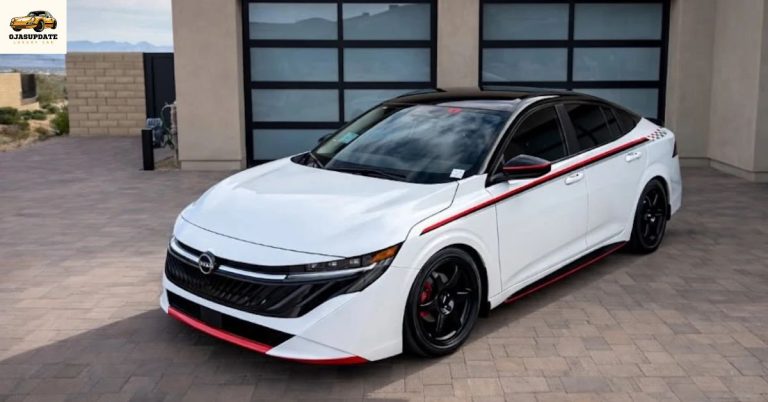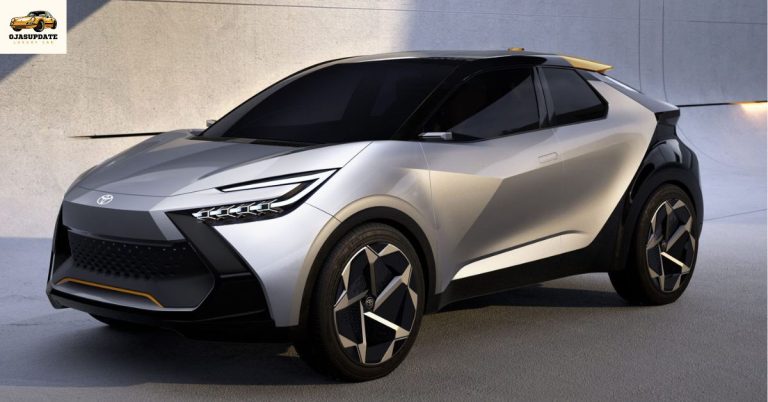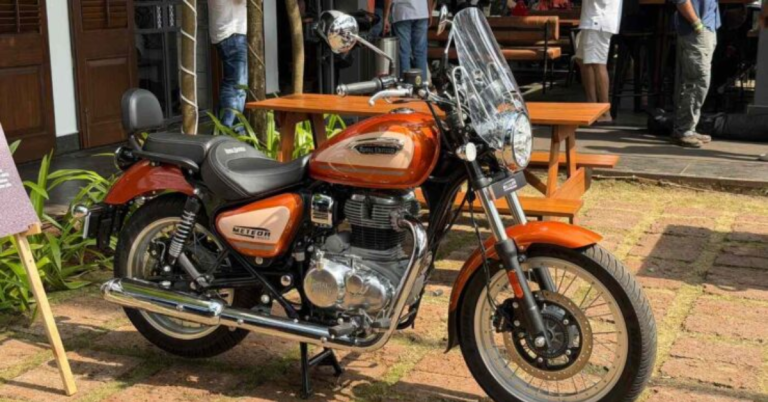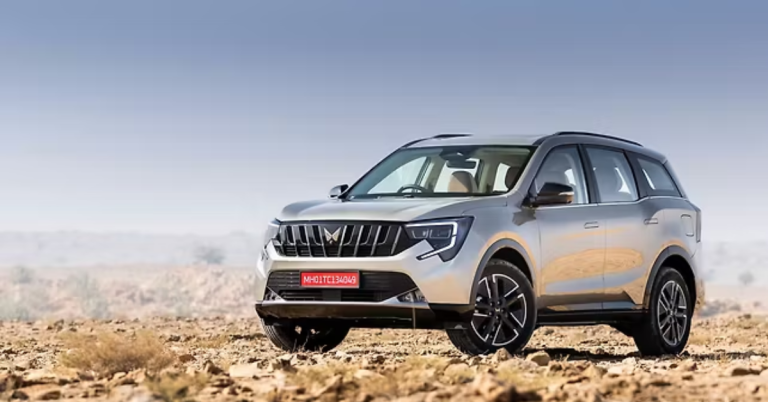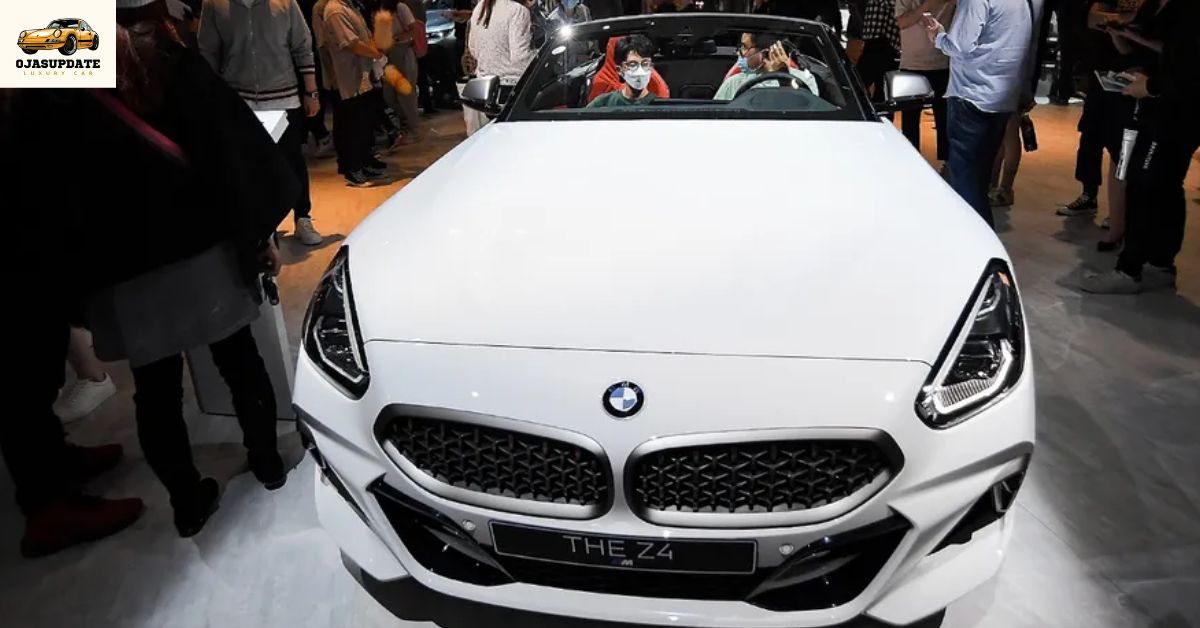
BMW has issued a major recall affecting nearly 200,000 vehicles in the United States due to a serious fire risk linked to a faulty engine starter relay. The recall, which also includes certain Toyota Supra models built by BMW, has prompted urgent warnings from safety regulators and the automaker itself, advising owners to park their vehicles outdoors and away from buildings until repairs are completed2.
🔥 The Fire Risk: What’s Causing It?
At the heart of the issue is the engine starter relay, a component that may corrode over time. This corrosion can lead to overheating and short circuits, significantly increasing the risk of fire—even when the vehicle is parked and turned off. According to the National Highway Traffic Safety Administration (NHTSA), the defect could cause fires to ignite hours after the car was last driven4.
BMW’s internal investigations revealed that water intrusion into the starter motor units built between late 2015 and 2021 was the root cause. The company identified the risk through product testing and customer complaints, which showed repeated failures in affected models.
🚗 Affected Models
The recall spans a wide range of BMW sedans, SUVs, and sports cars manufactured between 2019 and 2022. The full list includes:
- BMW 230i (2022)
- BMW 330i (2019–2021)
- BMW 430i and 430i Convertible (2021–2022)
- BMW 530i (2020–2022)
- BMW Z4 (2019–2022)
- BMW X3 and X4 (2020–2022)
- Toyota Supra (2020–2022) — built by BMW and shares the same engine components2
These vehicles are equipped with BMW’s B48 2.0-liter turbocharged petrol engine, which appears to be the common denominator in the recall.
🏠 Safety First: Park Outside
Due to the potential for spontaneous fires, BMW and NHTSA have issued a strong advisory: owners should park their vehicles outside and away from structures until the defect is remedied. This precaution is critical to prevent property damage or injury in case of a fire.
🛠️ The Remedy and Timeline
BMW will replace the defective starter relays free of charge. However, due to limited availability of parts, the recall will be conducted in phases. Interim notification letters will be mailed to affected owners starting November 14, 2025. A second notice will follow once replacement parts are available..
💸 Reimbursement for Prior Repairs
BMW has stated that owners who previously paid for repairs related to this issue may be eligible for reimbursement. This is part of the company’s effort to maintain transparency and customer trust amid growing scrutiny over vehicle safety.
🌍 Global Impact and Past Recalls
While this recall is focused on the U.S. market, BMW Australia has confirmed that its market is also impacted and is working with headquarters to assess local implications. In Germany, over 136,000 vehicles are being recalled for the same issue.
This isn’t the first time BMW has faced fire-related recalls. In 2024, the company recalled over 720,000 vehicles worldwide due to water pump connection issues that could short-circuit and spark fires. Earlier that year, a braking system defect led to the recall of 1.5 million vehicles globally, including 270,000 in the U.S., contributing to a 37% drop in BMW’s net profit for the year.
⚡ The Bigger Picture: Reliability in the EV Era
The timing of this recall is particularly sensitive for BMW, which is investing heavily in its Neue Klasse electric vehicle lineup. As competition intensifies from Chinese automakers like BYD, reliability and safety are more crucial than ever. Recalls like this one could impact consumer confidence and brand reputation, especially as the industry shifts toward electrification.
📝 Final Thoughts
BMW’s recall of nearly 200,000 vehicles in the U.S. is a stark reminder of the importance of proactive safety measures in automotive manufacturing. While the company is taking steps to address the issue, the fire risk poses a serious concern for owners. If you own one of the affected models, take immediate action: check your VIN, follow parking guidelines, and stay updated on repair timelines.
Safety should never be compromised, and BMW’s response—though reactive—shows a commitment to resolving the issue. As the automotive landscape evolves, manufacturers must prioritize durability and safety alongside innovation.
